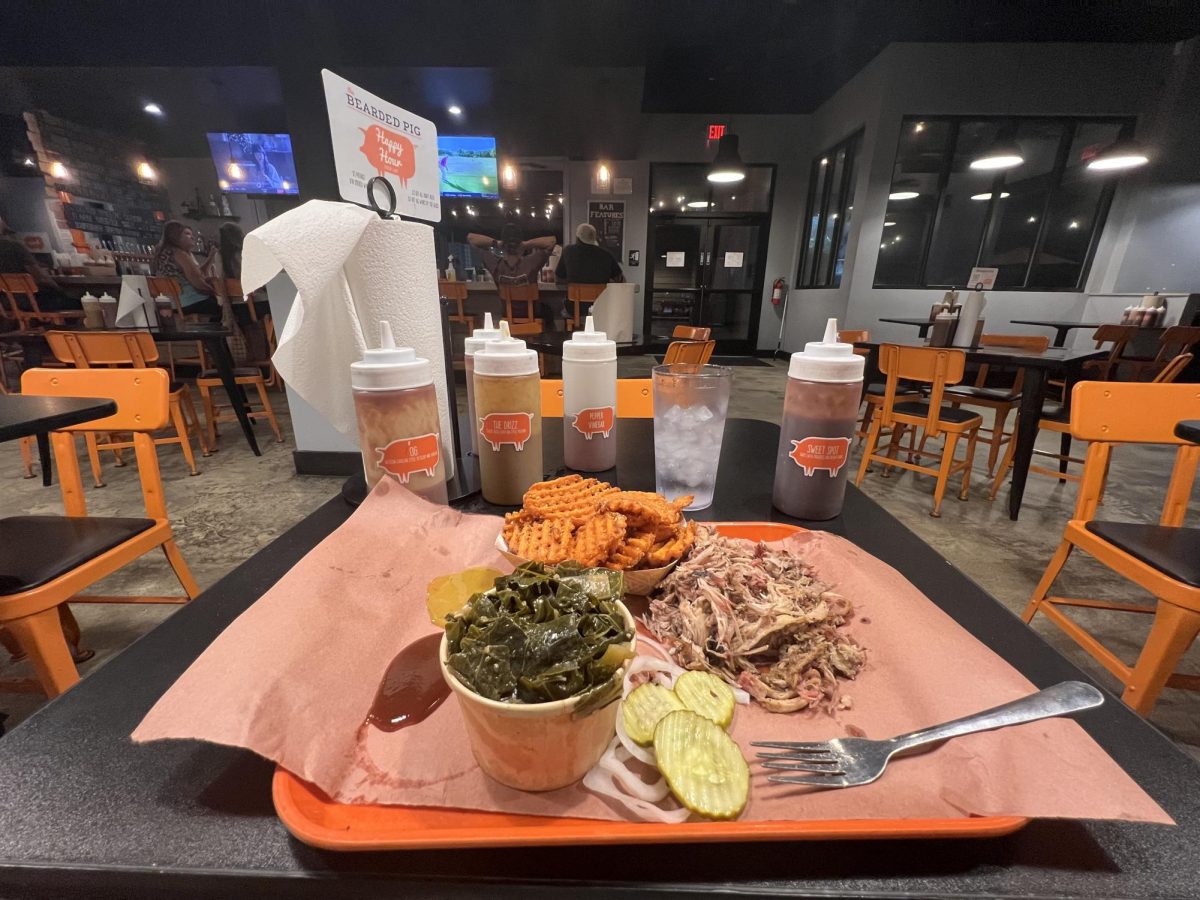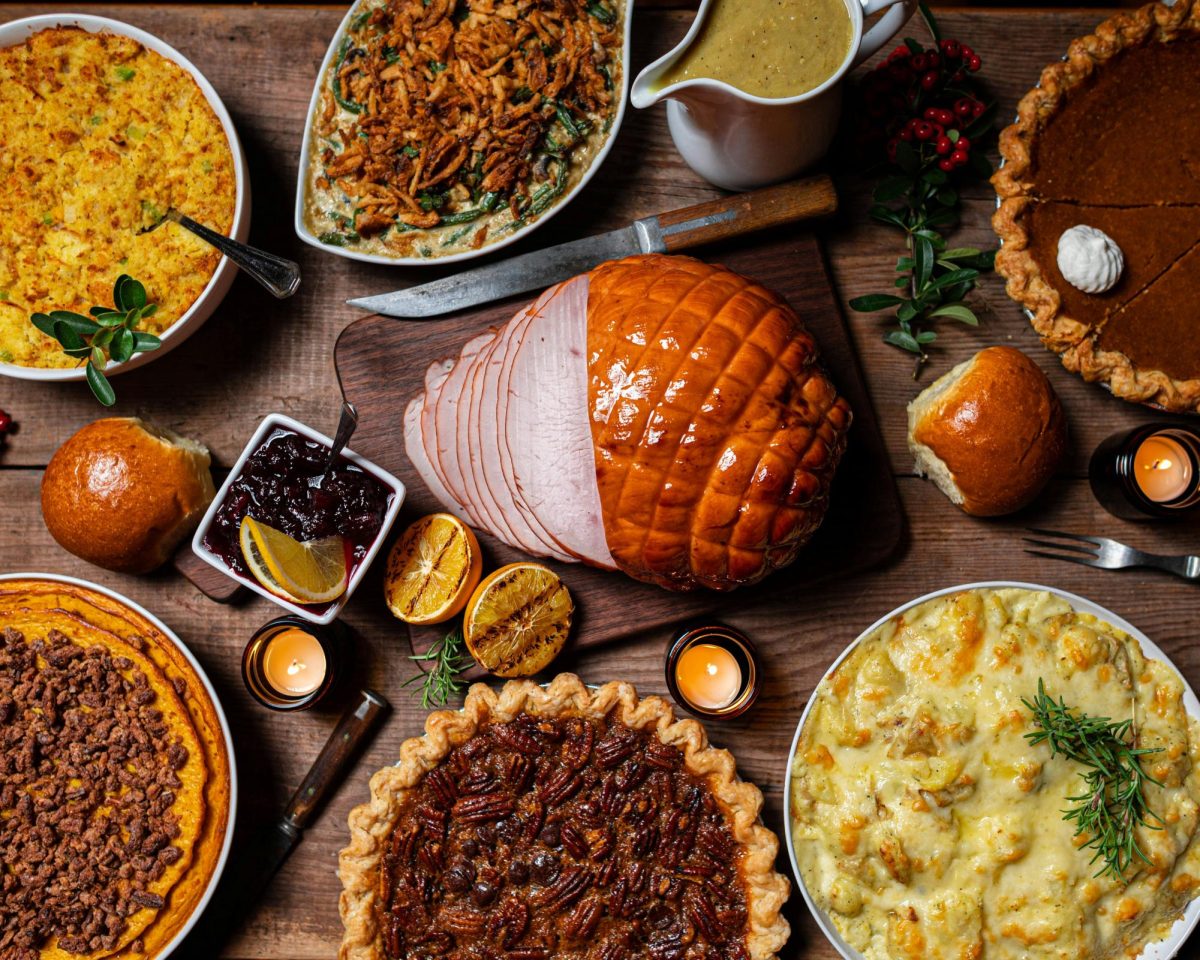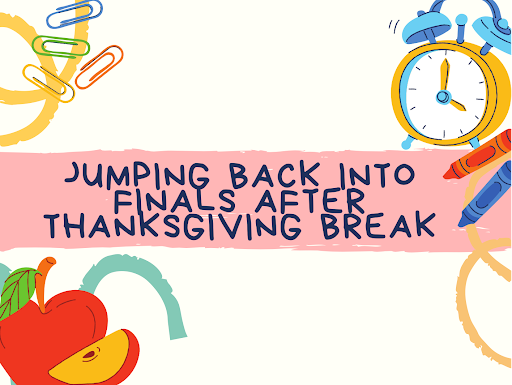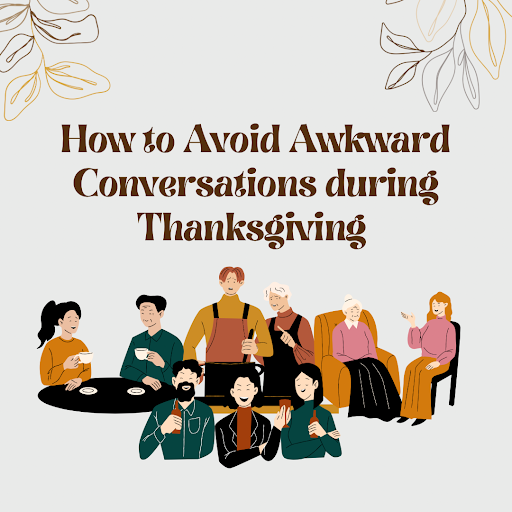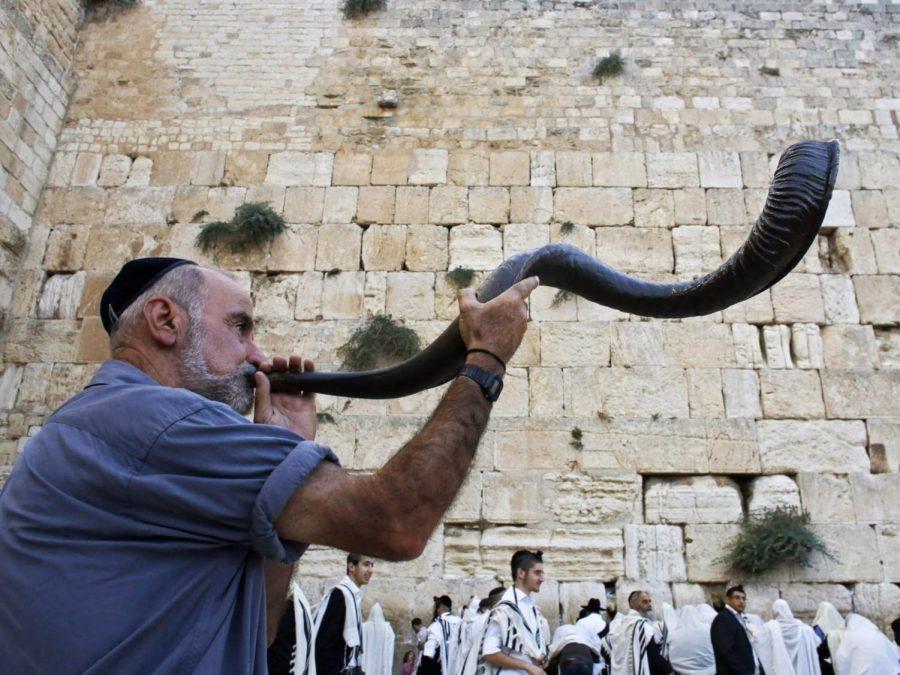Christmas is a time that is filled with many traditions. From hanging wreaths to decorating a Christmas tree, there are many things that we all do during the holiday season that we may not even know the origins of.
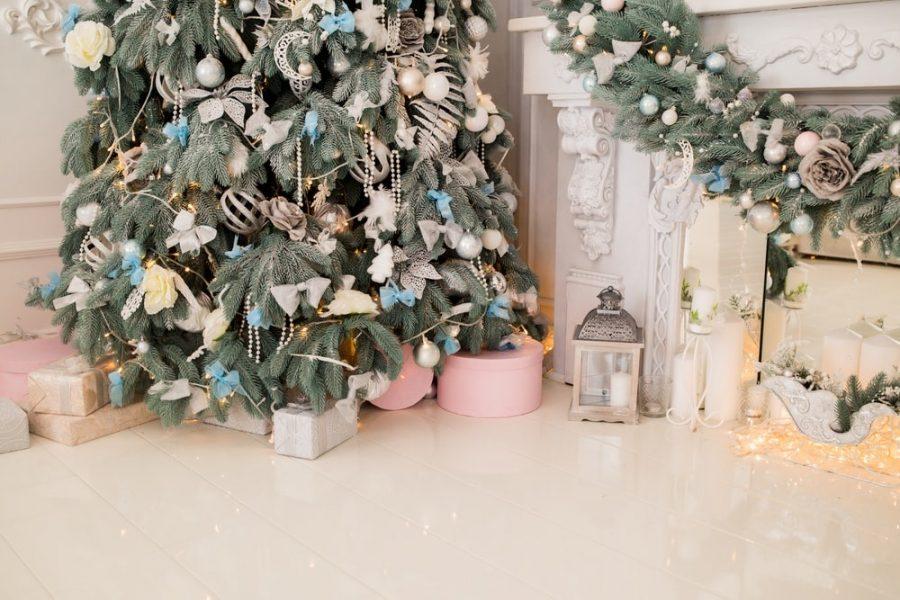
Christmas Trees
Although usually associated Christianity, Christmas trees can actually be traced back to a pagan tradition. Pagans across Europe used evergreen trees to decorate their homes during winter, as the tree represents resilience due to retaining its color throughout the cold months. Rome had a tradition similar to this. During a feast called Saturnalia, which was held during the winter solstice, Romans would decorate their homes with evergreen to celebrate the springtime. Similarly, in Egypt, the solstice was celebrated with palm leaves and branches.
The actual decorating of a Christmas tree takes its roots in 16th century Germany, when Christians would decorate trees inside of their homes. The protestant leader Martin Luther is actually credited with starting the tradition of adding candles to the tree, which would later just become lights—thankfully, as that sounds like a major fire hazard.
It was a while before America adopted the tradition of Christmas trees. Originally, in the late 1700s and early 1800s, the Puritans of New England did not allow people to celebrate Christmas in any way. In fact, people would be punished if they even decorated for the holiday. It wasn’t until German immigrants began to come over that the tradition would become more widely accepted, although its roots in pagan traditions made Christians wary of the tradition. However, after seeing Queen Victoria and Prince Albert standing around a Christmas tree on the cover of a popular magazine in 1848, Americans were ready to participate in the tradition as well.
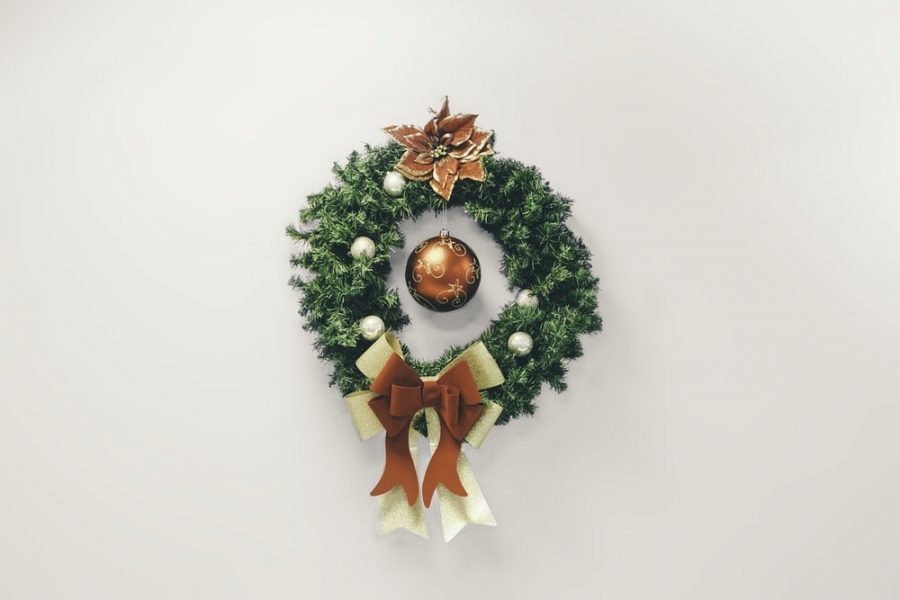
Wreaths
Much like Christmas trees, wreaths made of evergreen were used by pagans, and there are several popular theories as to who began the tradition in the first place. Some trace it back to German folklore, with the evergreen still symbolizing resilience and the shape representing continuity, while others trace it back to Ancient Romans who would decorate their door with a wreath to represent victory. Wreaths can also be connected back to the pagan holiday Yule, which marks the winter solstice, and is highlighted by a 12-day festival called midwinter. During this time, wreaths were used as decorations.
The wreath also has its roots in Christian history. Wreaths are meant to symbolize the crown of thorns Jesus wore, and the red berries featured on many wreaths represent the blood that the thorns drew. A candle would be placed in the middle of the wreath, symbolizing the light of Christ. A specific type of Christian wreath is the advent wreath, which is decorated with four candles, each one symbolizing an emotion such as hope or joy.
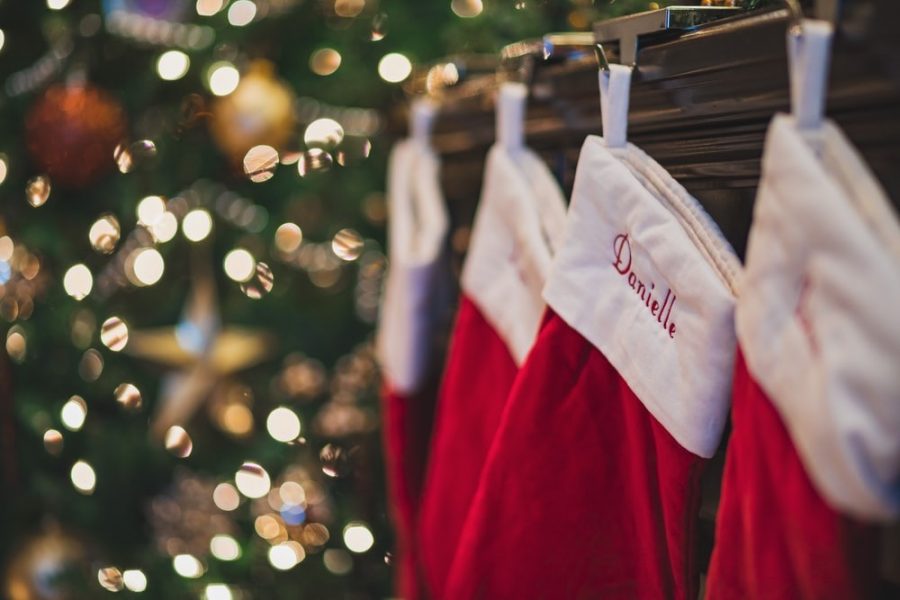
Hanging stockings
The tradition of hanging stockings over the fireplace can be traced back to ol’ St. Nicholas himself. The folklore behind this one is actually rather goofy. The story goes like this: A recently widowed father of three was worried that his low economic status would make it hard for his three daughters to get married. As St. Nicholas passed through the family’s village, he heard of their plight. Knowing that the father would be too proud to take charity from him, the saint decided to sneak down the family’s chimney one night and fill the girl’s hung-to-dry socks with gold coins. When they awoke, the girls were ecstatic, and because of St. Nicholas’ generosity, the girls were able to find husbands. While rather misogynistic, the tale is still a fun way to describe the beginning of this tradition.
While it is fun to reflect on the origins of different traditions, it’s important to remember that we can put our own meaning on almost any tradition. We can also even create our own traditions. The holiday season is all about celebrating in your own way. Have a happy holiday!
__
For more information or news tips, or if you see an error in this story or have any compliments or concerns, contact editor@unfspinnaker.com.





